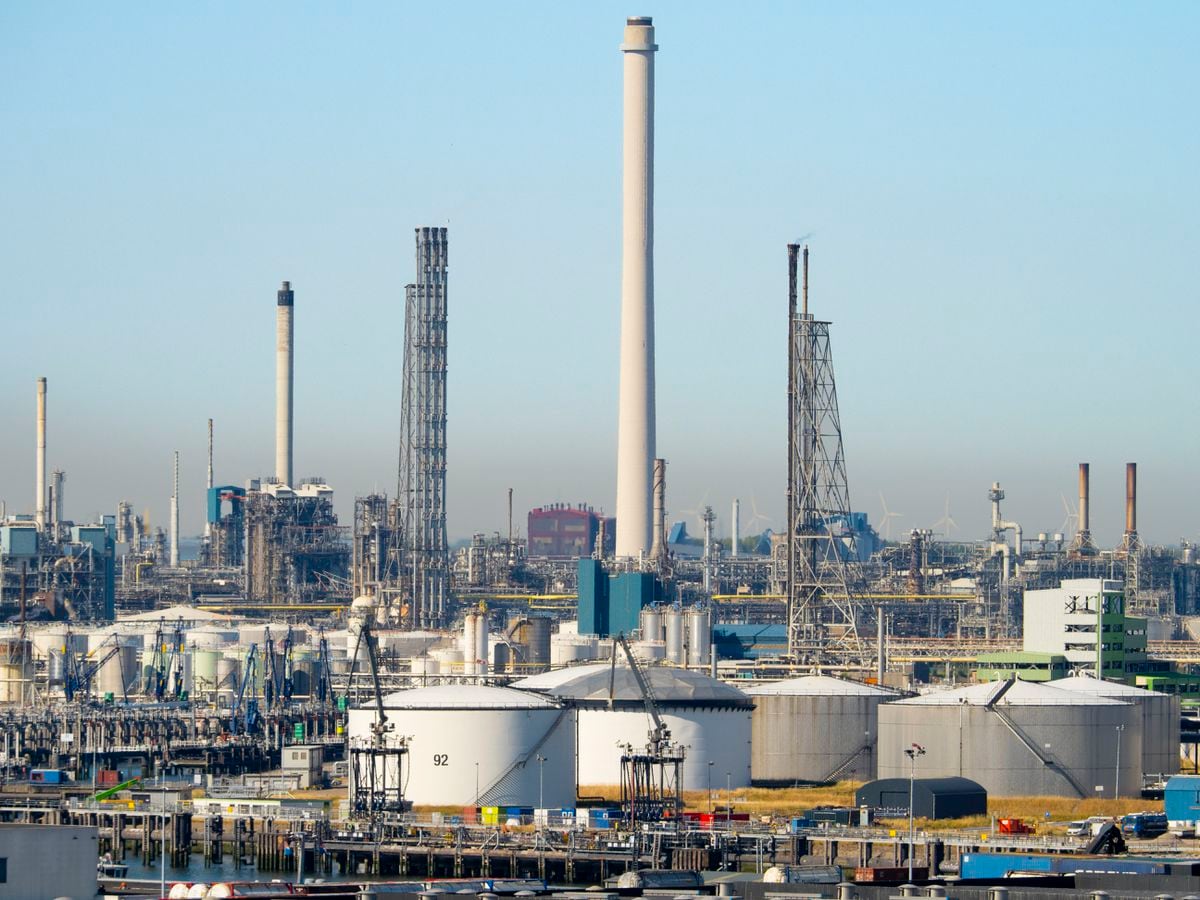In hardly any other EU country are fossil fuels promoted as much as in Germany, report climate protectors in a recent study. The Brussels-based Climate Action Network has examined whether the international commitment to reduce subsidies for climate-damaging fuels has actually been met. For this purpose, the organization examined the national energy and climate plans of all 28 EU states.
The result: Germany is one of five EU states that even plans new fossil fuel subsidies.
"Always better than heating oil"
In Germany, for example, natural gas as a car fuel is subject to reduced tax rates until 2026. And even otherwise, the German government is focusing on using natural gas instead of oil or coal, which is even more damaging to the climate. Chancellor Angela Merkel recently campaigned to switch from fuel oil to gas heating systems. "This is better than if people continue to heat all with heating oil," she said in The Hague at the end of August.
Federal Environment Minister Svenja Schulze wants to completely ban the installation of oil heaters from 2030 onwards. However, existing oil heating systems should be allowed to continue operating, said the SPD politician of the "Frankfurter Allgemeine Sonntagszeitung". CDU chief Annegret Kramp-Karrenbauer rejected the proposal immediately. Above all, the Union is relying on incentives such as a scrapping premium.
Green and climate organizations, on the other hand, are calling for a move away from all fossil fuels, as significant amounts of carbon dioxide are released when natural gas is burned. In their view, tax benefits or subsidies should be eliminated.
"As part of the G20, EU governments committed themselves to ending subsidies for fossil fuels back in 2009," said study author Laurie van der Burg. The current climate plans would have to be corrected accordingly.
All EU countries must submit the final version of their energy and climate plans by the end of the year. The documents are designed to ensure that the EU meets its 2030 climate targets. The German Climate Cabinet will decide on 20 September how the national target will be implemented by 2030 to emit at least 55 percent less greenhouse gases than in 1990.








